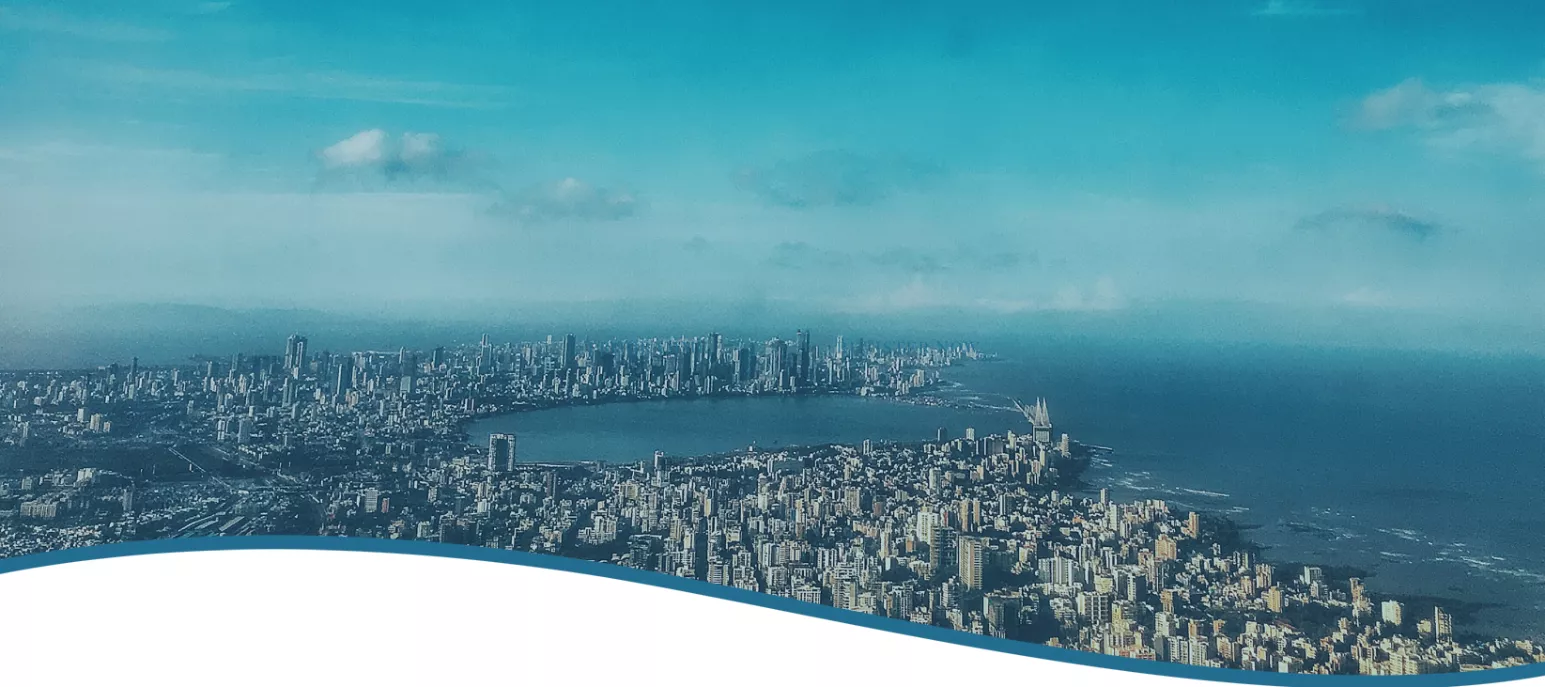

The conversations at this year’s dialogue will reflect on the long-term implications of the pandemic and explore the policy measures we need to design and execute to address the systemic fault lines that are now becoming visible.
The dialogue will be guided by the following pillars:
1. Capacity Conundrum: Building institutional strength for crisis response and recovery
2. Inequity Pandemic: reconciling the duality of response and recovery
3. Multistakeholder Multilateralism: rise of small nations, private enterprise, civil society in global governance
4. Corporations beyond Borders: extra-territorial regulation and responsibility of multinationals
5. The Blue Imperative: economic, political and security roadmap for leveraging the oceans
The pandemic has made it clear that the state’s capacity to respond is key for immediate response and long-term recovery. There is a clear Capacity Conundrum at all levels of government – city, state, national and multilateral India’s experience with the first and second wave of the pandemic revealed the conundrums and fault lines between its federal architecture of governance. What is the role of the different layers of government in responding to a crisis? How should issues of regulation, procurement, coordination, distribution, enforcement, certification be envisioned, especially in a fractured polity? Pandemic response in India has swung from excessive control by the centre to complete decentralisation and to the states, even private enterprise. Going forward, for long-term recovery, how should nations, states and cities collaborate to ensure immediate and effective responses? What is the role of civil society, private enterprises, public-sector companies, and parastatal organisations? We need a fresh discourse on building institutional capacity for long-term recovery and governance.
A new long-term concern is grim implications and collateral damage of the pandemic on the world’s poorest. The Inequity Pandemic as it is being increasingly called, reflects the duality of response and recovery. The rich have easier access to vaccines, 0nline education, technology jobs and economic recovery stimulus whereas the poor still seek access to basic necessities such as food and healthcare. The World Bank estimates that nearly, 124 million people are likely to get pushed into abject poverty. South Asia is estimated to house nearly 60 percent of this ‘New Poor’, a significant portion of whom would be in India. The IMF, on the other hand, has raised concerns about economic stability and social unrest, caused by an emerging “Great Divergence” in global growth with 50 percent of the developing world falling further behind on their development curve. Continuing disruptions to education and cancellation of examinations have made the prospect of a ‘Lost Generation’ a fearful reality for the Global South. The difference between ‘access’ and ‘usage’ of technology and digital goods continues to be a challenge. While the developed world is busy with the ‘usage’ aspects of privacy, security and data protection, the developing world is still grappling with issues of ‘access’ in terms of availability, affordability and usage. How can we restore years of progress in economic development that we have lost?
Meanwhile, a fractured global governance is being increasingly shaped by powerful cities, smaller nations, private enterprise, and civil society. Private enterprise is already a key stakeholder in climate governance, private consortiums are designing global regulations, and cities are emerging as primary voices in international coordination. As the world prepares for recovery, India is finding itself in this unique moment in global governance. India’s presidency of BRICS in 2021, membership of the United Nations Security Council in 2021/22, chair of the WHO executive board in 2021, upcoming presidency of the G20 in 2023, has a chance to design multistakeholder multilateralism during a critical phase in international cooperation. The outbreak has displayed divergent national approaches to managing global health interdependence. In the aftermath of the pandemic, development cooperation led by multiple stakeholders, will be key for recovery. India has already led the charge for the Global South by advocating for a TRIPS waiver for ‘democratising’ vaccine production. These are crucial years for India to show its leadership on developing a consensus with multiple types of stakeholders on global issues.
The pandemic has also highlighted the strength of corporations which have been able to deliver and benefit due to scale when many other start-ups and small enterprises failed or folded. Many corporations have reconfigured their supply chains to align with emerging geopolitical trends. Those focused on digital, healthcare, and green energy businesses have particularly benefited. But with big power also comes big responsibility, particularly on issues of regulation, taxation, and sustainability. In line with their scale, the imperative for regulating multinational corporations – corporations beyond borders – is now the primary agenda on national and multilateral forums.
Burnt by supply chain disruptions and threatened by the rise of an antagonistic China, the strategic developments in the Indo-Pacific and the Arabian Sea are shaping the security priorities across the region. Many littoral states now have their own infrastructure and economic development plans to address strategic, development and sustainability needs. India too needs its own Blue Imperative for coastal cities, marine resources, blue economy, one that puts coastal cities as the primary stakeholder in regional geopolitics and geoeconomics. Mumbai will gradually be central to India’s rise in the Indian Ocean and beyond.